Latest
The Echoes of Restriction - Perceived Obstacles in PTI's Path
As the political landscape in Pakistan unfolds, recent restrictions placed on the Pakistan Tehreek-e-Insaf (PTI) have sparked debates, with some perceiving them as indicators of hidden forces attempting to impede the party's momentum. While political developments are often subject to diverse interpretations, it is crucial to scrutinize the situation objectively and discern whether these restrictions indeed echo a broader narrative of resistance. The PTI, led by Prime Minister Imran Khan, has been at the forefront of Pakistan's political scene, advocating for change, transparency, and an end to corruption. The party's rise to power in 2018 marked a significant shift in the country's political dynamics, with a promise to address longstanding issues and bring about transformative reforms. However, PTI couldn't deliver as per expectations and its rule remained controversial due to establishment's support in each and every matter. It is known fact that PTI government was backed by that time military and judicial leadership. However, followed by May 09, 2023, several restrictions, such as legal challenges and regulatory measures, have fueled speculation about the existence of hidden forces attempting to thwart the PTI's progress. Critics argue that such hurdles may undermine the democratic process and hinder the party's ability to implement its agenda. It is essential to approach these restrictions with a nuanced perspective. In any democratic society, checks and balances are inherent to prevent the abuse of power and ensure accountability. Legal challenges and regulatory scrutiny are not uncommon, especially for a ruling party. Such actions are part of a democratic system's mechanism to maintain transparency and hold leaders accountable for their actions. While the PTI asserts that these restrictions may be politically motivated, it is equally important to consider the rule of law and due process. If there are genuine concerns about legal or ethical violations, addressing them through established legal channels is an improtant aspect of democratic governance. Public perception plays a major role in shaping the narrative around these restrictions. The notion of hidden forces conspiring against a political party can resonate strongly with supporters, potentially galvanizing them in defense of their chosen leaders. However, it is important to balance this perception with an objective assessment of the legal and procedural aspects of the challenges faced by the PTI. Political polarization often accompanies such developments, with supporters seeing restrictions as deliberate attempts to stifle change, while critics argue they are necessary checks on power. Striking a balance between addressing legitimate concerns and ensuring a fair and transparent process is essential to upholding democratic principles. As Pakistan navigates its democratic journey, it is imperative for all stakeholders, including political parties, institutions, and the public, to engage in a constructive dialogue. The resolution of disputes through legal and democratic channels strengthens the democratic fabric and reinforces the idea that no entity, hidden or otherwise, can impede the collective will of the people. In conclusion, while perceptions of hidden forces may linger in political discourse, it is essential to approach the situation with a discerning eye. Democracy thrives on transparency, accountability, and the rule of law, and addressing concerns within this framework is paramount to ensuring a robust political system that serves the interests of the Pakistani people.


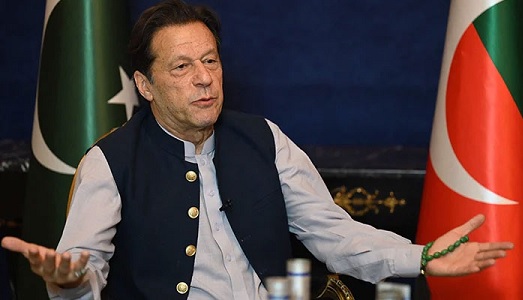


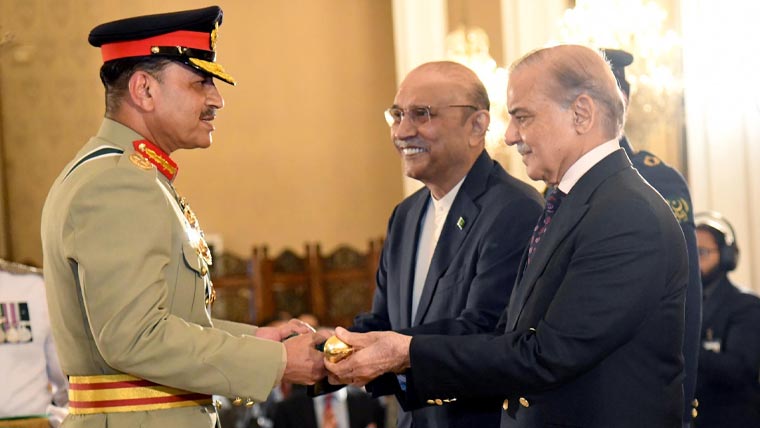

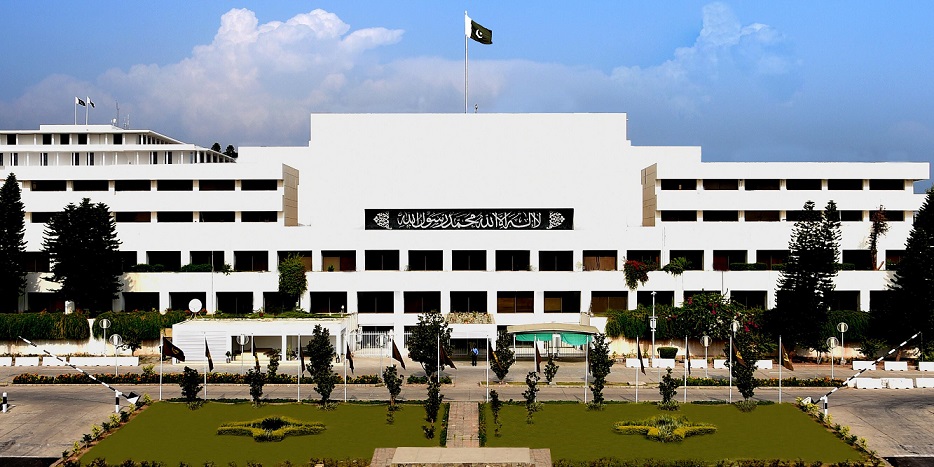



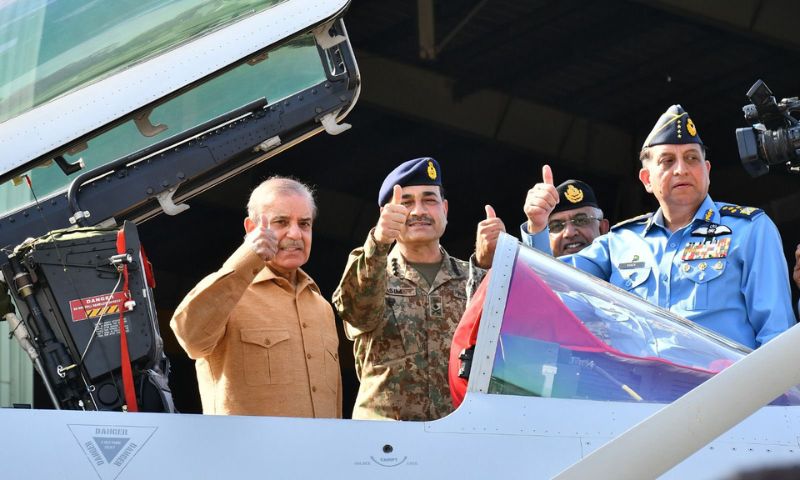
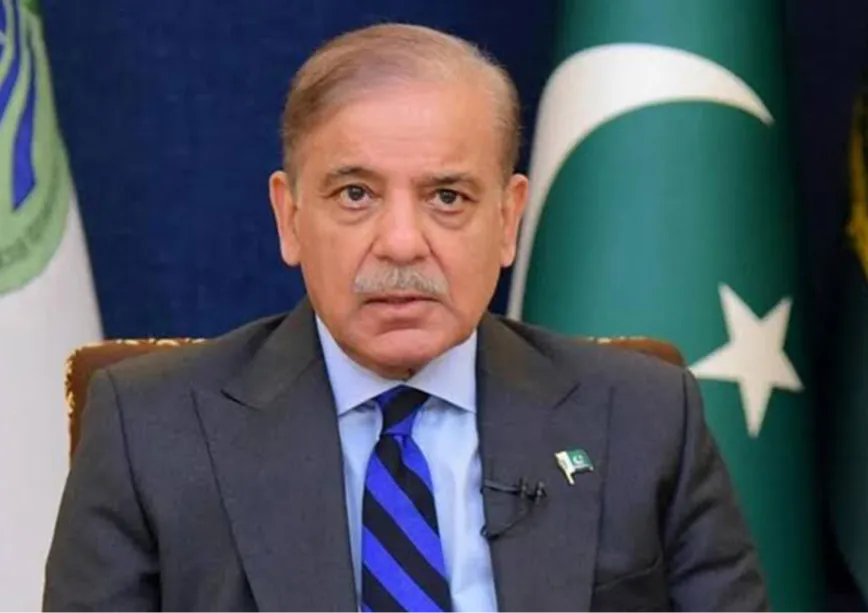
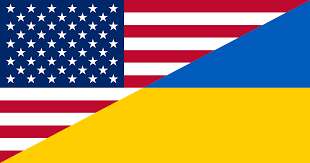



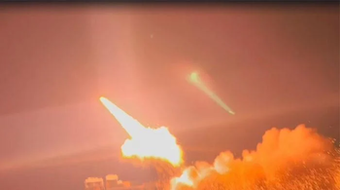



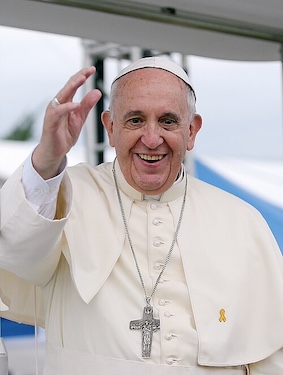

Facebook Comments